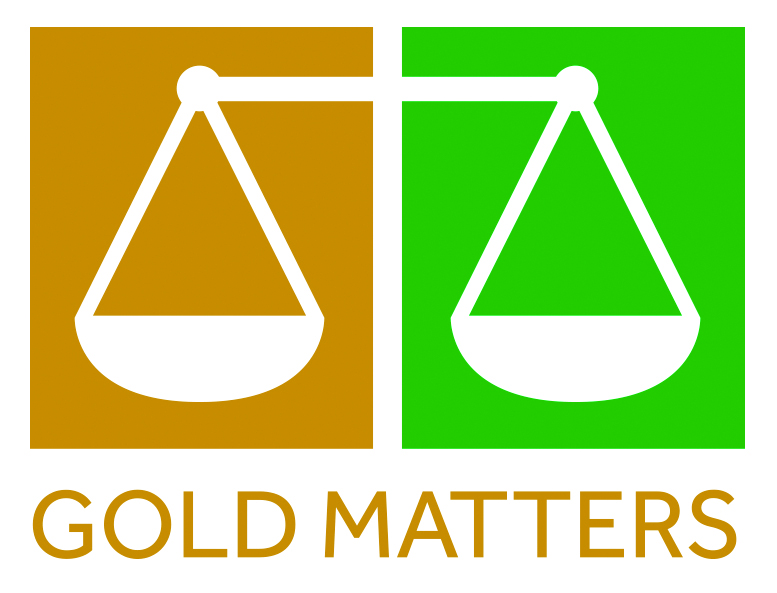Eight researchers from the Gold Matters recently participated as contributing authors to
the book “Global Gold Production Touching Ground: Expansion, Informalization, and Technological
Innovation” edited by Sara Geenen and Boris Verbrugge.
Luciana Massaro
Adopting a global viewpoint, this book shows how large and small-scale gold mining are both integral part of the global gold production system. Twelve study cases analyze the expansion, informalization and technical innovation of global gold production demonstrates how gold extraction is entrenched in institutional and ecological structures.
Eight researchers from the Gold Matters project participated as contributing authors to this publication. Here follows an excerpt of their contribution to the book launch.
Brazil: Forever informal by Marjo de Theije
“In my chapter in the book I describe how the figure of the small-scale gold miner, the ‘garimepeiro’, is deeply rooted in the country’s historical, cultural imagery and is positively seen as a type of pithy developer of the riches of Brazil.”
Uganda: Gold as a (Trans)National Treasure by Eleanor Fisher, Lorenzo D’Angelo, Ronald Twongyirwe, Esther Van Camp
“We explore how the global gold production system touches ground in Uganda. We do this by focusing on the way entrenched inequalities undermine the potential for equity in the formalization of mineral rights. Again, it’s a very interesting context, because historically and indeed today, you have large-scale transnational mining companies working in the country. Somehow, this has created a space for artisanal and small-scale gold mining, in what is today a very dynamic sector, that is rapidly differentiating itself.”
Burkina Faso: Global Gold Expansion and Local Terrains by Sabine Luning
“This chapter elaborates how the recent arrival of global mining capital in Burkina Faso exemplifies core characteristics of the theoretical framework of the book. Some factors are key for understanding how transnational industrial mining touched ground in Burkina Faso. I show how gold mining crystallizations evolved through the mining cycle as an interplay between on the one hand the structural features of the projects during the exploration companies and major gold producers, and on the other, characteristics of the local circumstances in which mining companies seek to operate.”
Guinea Conakry and Burkina Faso: Innovations at the Periphery by Cristiano Lanzano
“In my chapter, I compare two recent cases of technological innovation taking place in two different mining regions of West Africa, eastern Guinea-Conakry, and western Burkina Faso. After 2012, in Guinea, partly as a consequence of increased flows of migrants from neigbouring countries, new techniques were introduced, that allowed miners to target primary deposits and be able to process the hard rock ore extracted at greater depth. Local authorities and customary institutions traditionally entrusted with the organisation of mining had to adapt their role to the acceleration, intensification and mechanization of production.”
Dr. Luciana Massaro is a post-doctoral fellow at the Núcleo de Estudos e Pesquisas Ambientais/NEPAM, Universidade Estadual de Campinas/UNICAMP (FAPESP Grant nº 2020/07985-6) and at the Dept. of Social and Cultural Anthropology of the Vrije Universiteit, Amsterdam.
Gold Matters: Sustainability Transformations in Artisanal and Small-scale Gold Mining: A Multi-Actor and Trans-Regional Perspective is a transdisciplinary research project which aims to consider whether and how a transformative approach towards sustainability can arise in Artisanal and Small-scale Gold Mining (ASGM). For more information see www.gold-matters.org.
